Web & Mobile App Development

Progressive Web App (PWA) Development

Native App Development

Cross-Platform App Development

Enterprise Mobile App Development

Mobile Commerce App Development

App Store Optimization (ASO)
Tools, Methods, & Technologies Used
Web development







Mobile app development





Databases
Databases act as the backbone of modern software applications, where they serve as the ‘libraries’ where your application’s data—such as user profiles, product inventories, and transaction histories—is securely kept. In web and mobile development, databases like MySQL, MongoDB, and SQLite are commonly used to handle data storage and retrieval efficiently.





Frameworks
Frameworks are pre-built sets of code libraries and tools that provide a structured foundation for software development. They streamline the coding process by offering reusable patterns and components. In web development, frameworks like Django for Python and Angular for JavaScript are widely adopted. For mobile development, React Native and Flutter are popular choices.






Cloud Platforms



DevOps tools
DevOps tools facilitate seamless collaboration between development and operations teams, streamlining the software lifecycle from coding to deployment. Popular tools like Jenkins, Docker, and Kubernetes enable automation, continuous integration, and efficient scaling, making them indispensable in modern development environments.




Testing tools



Web & Mobile App Development Cycle

01
Requirements Gathering02
Planning & Feasibility Analysis03
Design04
Development05
Testing06
Review & Feedback07
Deployment08
Maintenance & Support01 Requirements Gathering Phase
02 Planning & Feasibility Analysis Phase
03 Design Phase
04 Development Phase
05 Testing Phase
06 Review & Feedback Phase
07 Deployment Phase
08 Maintenance & Support Phase
01 Requirements Gathering Phase
02 Planning & Feasibility Analysis Phase
03 Design Phase
04 Development Phase
05 Testing Phase
06 Review & Feedback Phase
07 Deployment Phase
08 Maintenance & Support Phase
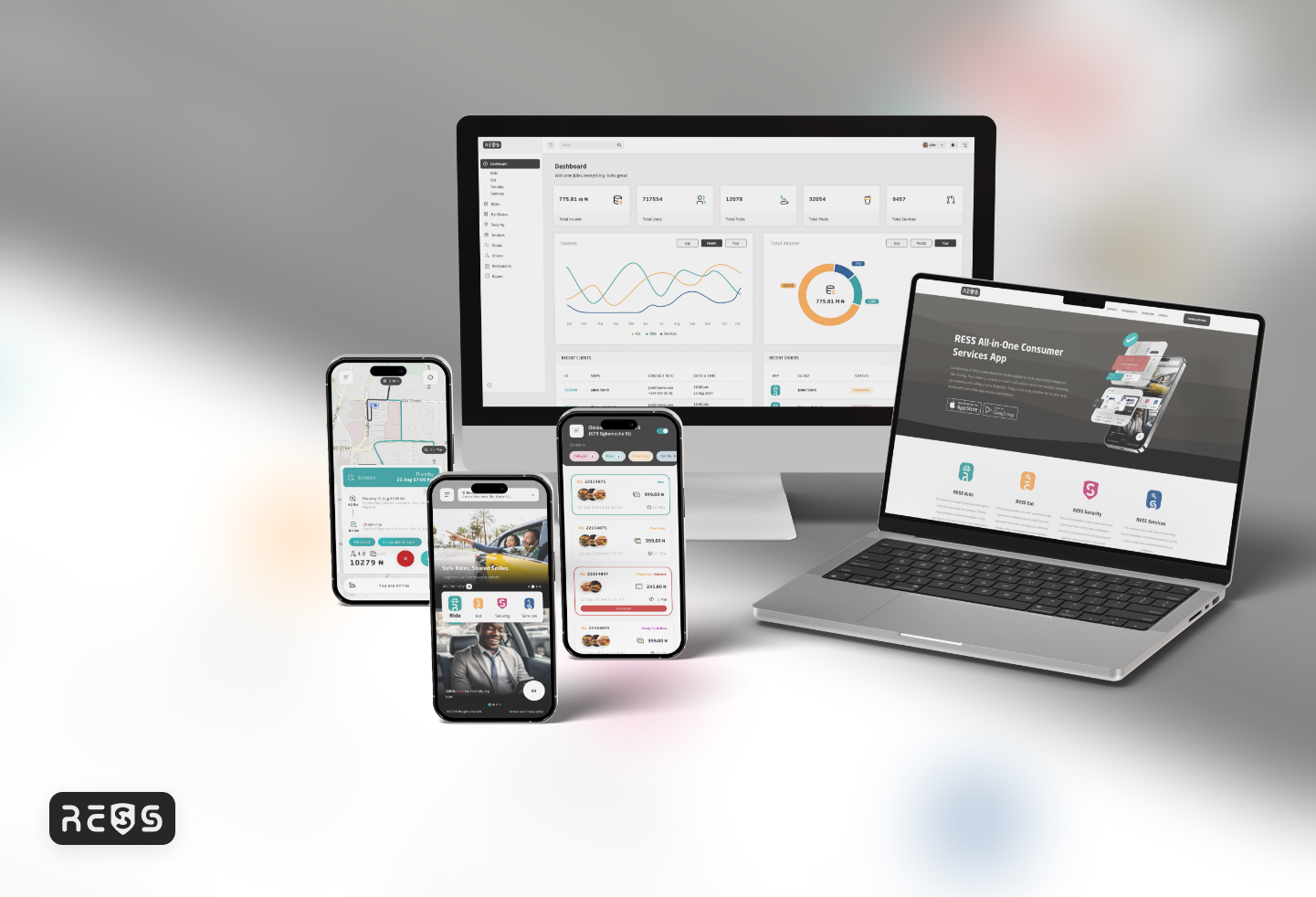
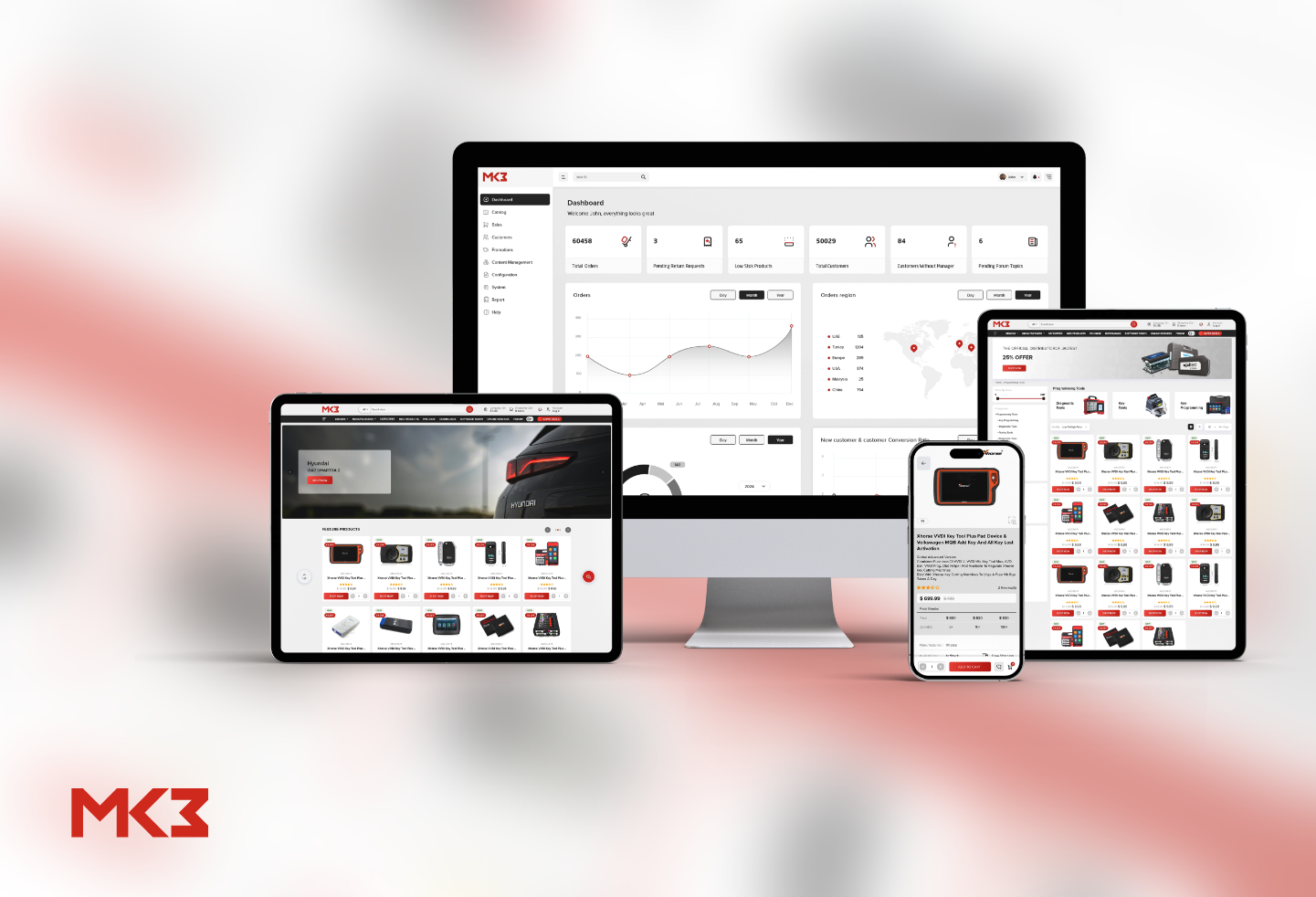
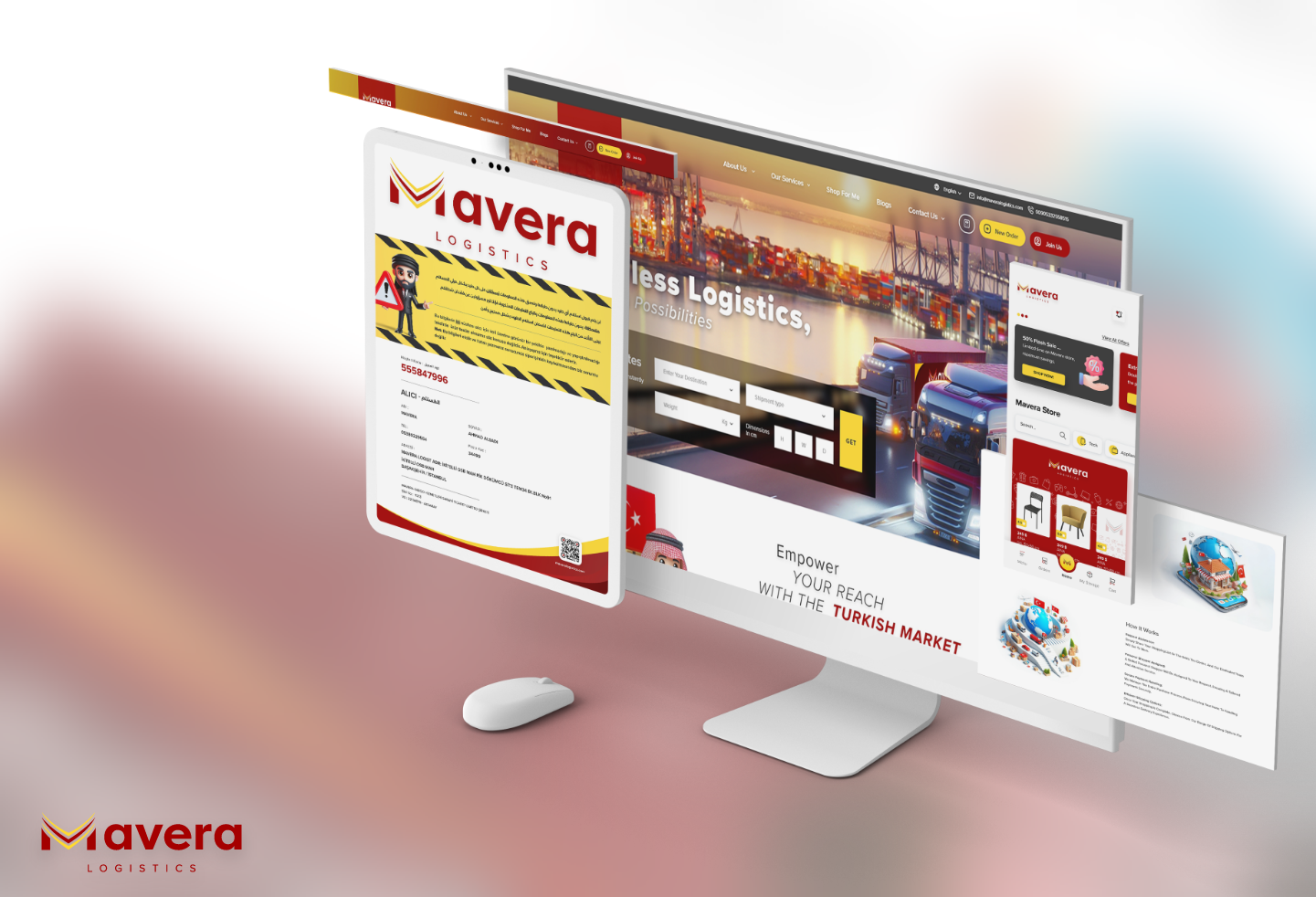
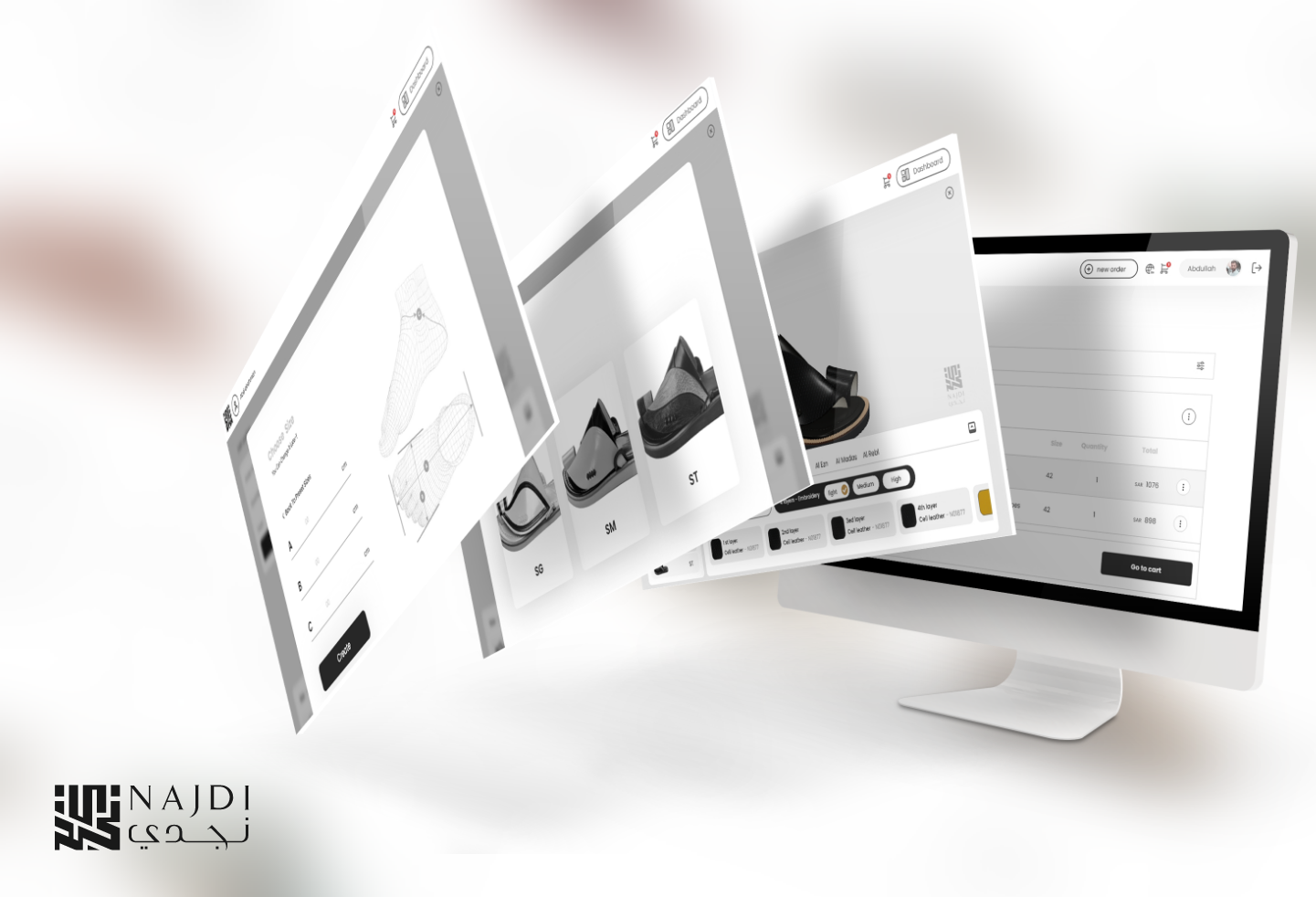


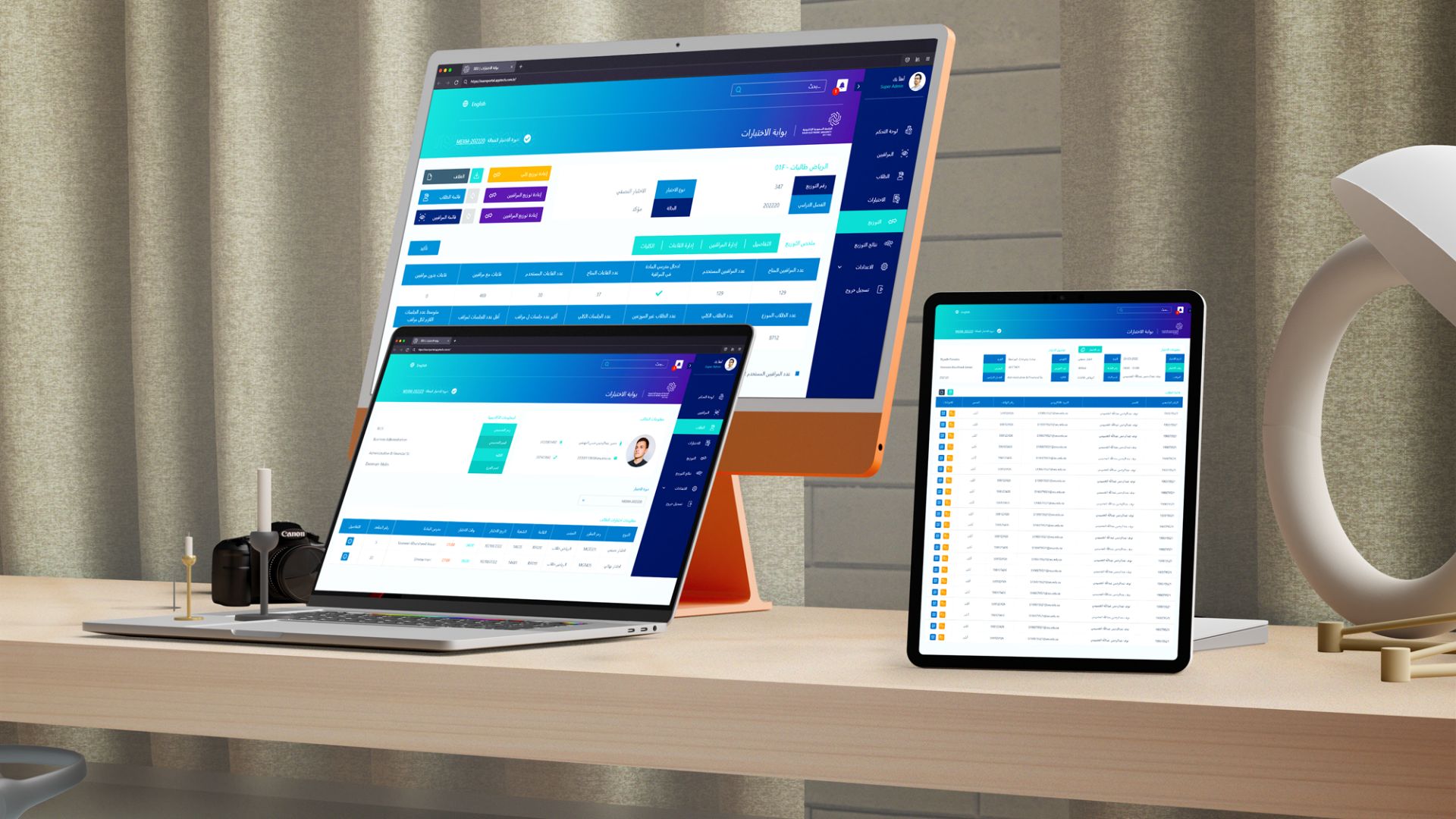
Client Success Summaries




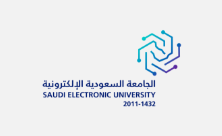
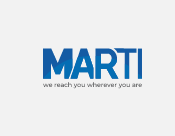


NIGERIA
RESS ALL-IN-ONE SERVICES APP
Technologies

Platforms

United Arab Emirates
MK3 Platform – Automotive Market
Technologies

Platforms

TÜRKIYE
MAVERA LOGISTICS
Technologies


Platforms

Saudi Arabia
NAJDI – 3D PLATFORM
Technologies

Platforms

Saudi Arabia
SEU Admission Portal
Technologies

Platforms

Saudi Arabia
Marti Rental Car Platform
Technologies
Platforms

Saudi Arabia
SEU Exam Portal
Technologies
Platforms
Request For Services







; ?>/theme/images/logo.svg)

